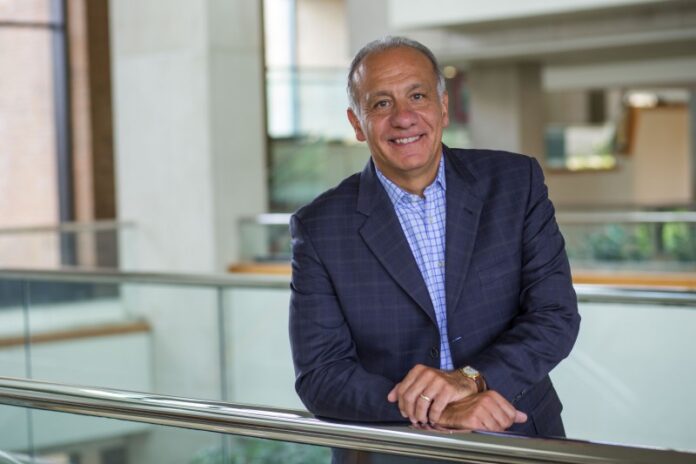New York– The Bristol Myers Squibb Foundation has launched a new initiative in Brazil, awarding four grants aimed at improving the delivery of high-quality care for lung cancer and skin cancer to medically underserved and rural communities. The organizations that have received grants are focused on community outreach and disease education, strengthening collaborations among primary care physicians and oncologists, and supporting efforts to promote early diagnosis and treatment.
These four grants are part of the Bristol Myers Squibb Foundation’s Global Cancer Disparities Initiative, which supports grantees in Brazil, China, nine countries in Africa and the United States. The grantees in Brazil exemplify the Foundation’s strategy to identify organizations that are pioneering innovative health equity solutions and provide funding to enable them to develop, test, measure and demonstrate the effectiveness of programs to improve access to high-quality healthcare.
“Even before COVID-19, disparities in care for lung cancer and melanoma patients in Brazil have long been driven by barriers both inside and outside the clinic,” said John Damonti, president of the Bristol Myers Squibb Foundation. “These grantee projects have the potential to strengthen health systems, community education and patient support services, and serve as examples for advancing equity in cancer care throughout Latin America, particularly in this difficult era of COVID-19.”
Lung cancer is the leading cause of cancer death in Brazil, and skin cancers including melanoma occur at three to four times the rate of the global average. Moreover, the COVID-19 pandemic has severely disrupted patient education and support programs as well as medical services for patients, increasing the vulnerabilities of patients and those who are at risk of diagnosis.
In 2020, the Bristol Myers Squibb Foundation issued a special request for proposals for programs that would enable 1) people at high-risk for cancer to commence screening, detection, diagnosis, treatment and palliative care, and 2) current cancer patients to continue to receive clinical care and supportive services in the era of COVID19.
Organizations that were awarded grants are leading organizations with track records of successful program implementation and commitment to health equity. The organizations are:
Barretos Cancer Hospital. Barretos Cancer Hospital was created in 1967 to meet the needs of public cancer treatment outside the city of São Paulo and has several branches in Brazil. It was awarded two grants, each for a separate project. One project will improve skin cancer screening through teledermatology and improve the workflow and referral pathway to link patients to diagnostic and treatment services. The other project will establish lung cancer and melanoma mobile units to identify high-risk individuals and implement telehealth services at health units to provide access to diagnosis and treatment and to retain patients in care.
Instituto Oncoguia. With its Bristol Myers Squibb Foundation grant, Instituto Oncoguia, a leading non-governmental organization in fighting cancer in Brazil, will be able to employ patient navigators to provide personalized support to help patients receive diagnoses and begin treatment without unnecessary delays or loss to follow-up for patients with lung cancer.
Irmandade Santa Casa de Porto Alegre. The oldest hospital in Rio Grande do Sul, Irmandade Santa Casa de Porto will use the Bristol Myers Squibb Foundation grant to integrate specialized health care in oncology with primary health care through teleconsultation and patient navigation to promote early diagnosis of lung cancer and expedite access to providers at specialty cancer hospitals.


